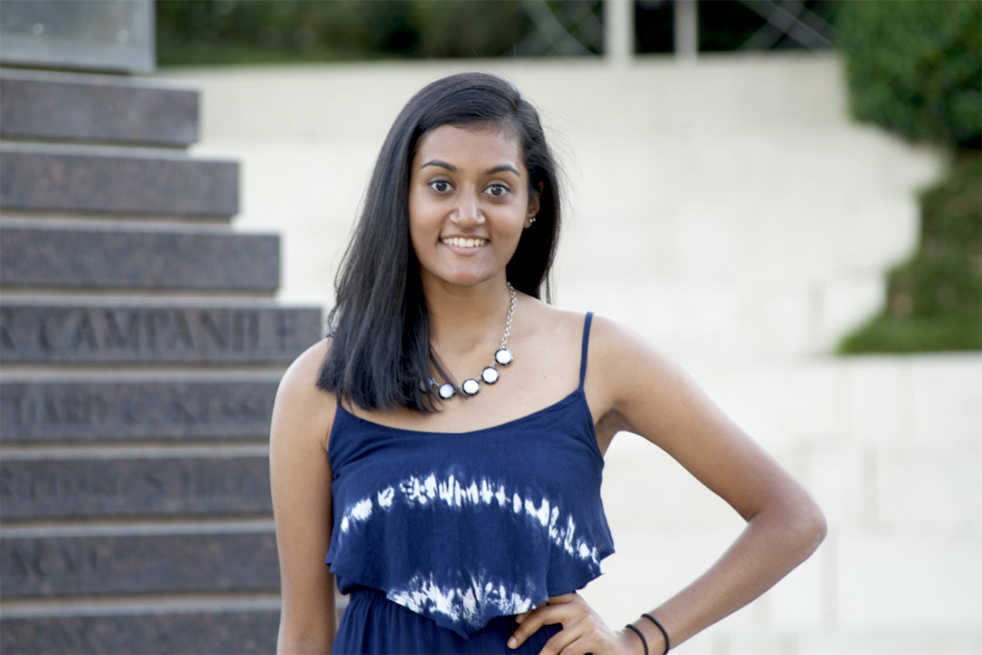Kyle and I each had a bottle of wine in our hands as we were sitting on the MARTA. I was friends with Mary from high school and Kyle was roommates with Sam. Mary and Sam’s meet cute started off not so cute with Mary drinking too much at a New Year’s Eve Party Kyle had hosted and threw up in Kyle’s bed. Nevertheless smitten by her charm, Sam pursued Mary. Fast forward a year and half later and we have a googley-eyed couple inviting Kyle and me over for dinner at Sam’s Buckhead apartment.
We were sitting around a table eating and drinking when Sam mentioned that Kyle and I should “totally date.” I brushed it off and pretended not to hear, but he didn’t stop with that one comment. He brought it up several times throughout the night, and Kyle and I just rolled our eyes and laughed it away each time he brought it up.
But I don’t know why I laughed because it was never funny to begin with. And while the comments may have been well-intended, I was unable to appreciate them.
I wish I could say that this was an isolated incident of someone intruding on my romantic life, but it wasn’t.
For as long as I can remember, since my school days of running around in a playground for our 30-minute sanctioned recess time, I have always had to partake in a conversation with someone about their deluded perceptions about love and relationships. These conversation went something like this:
“Oh my gosh! You and [some random guy] would make such a cute couple. You should ‘totally date.’” To which I would respond, “Uh no. I ‘totally’ don’t want to.” This conversation would continue to marriage, kids and a happily ever after. And if a fifth grader could follow a line leader, how difficult could it be to follow these steps for eternal happiness?
Obviously these conversations tended to be more juvenile in 5th grade. While they’ve gotten more complex as I’ve gotten older, I don’t know if I can say that people have more insight on this concept because the conversation typically concludes in believing that happiness is contingent upon being in love or at the very least being in a relationship.
The idea isn’t novel, and romantic comedies are not to blame. It’s a mindset that has prevailed for generations. Even my parents and other family friends feed into it. Just the other day, I was with my parents when my mother brought up how I should be thinking of and be open to the idea of marriage. My father chimed in saying the ideal age at which one should get married is in their mid-20’s.
How’d they arrive at this age? The same way most other people do — through reverse planning. In order to have kids by your late 20s – early 30s, one needs to get married, spend a couple years in your honeymoon phase and plan for kids. This takes about three or four years culminating in marriage in your mid-to-late 20s. But why is there this push to follow this pre-determined path when it isn’t what is best for everyone? And more importantly, why isn’t there an emphasis on ensuring you choose to be with the right person as opposed to settling for any person to pursue this path towards a nuclear family?
By placing doubt in someone’s singledom, it instills the need to be wanted rather than focusing on their own individual wants and needs. This results in people giving up parts of themselves. This could mean in a complete change in personality or more commonly, making many small but significant sacrifices in one’s personal life.
I’ve observed it countless times. His friends become her friends, and her friends become forgotten. She treats him poorly, and he becomes tired of the arguments, but they remain together because maintaining the passionless company of each other is preferable to bearing the pain of heartbreak. She is torn about what to do after college because he’s moving away and the distance will strain their relationship. She stays with him because she’s afraid of being lonely even though he tends to be selfish.
And whenever I ask these friends why they are still with their partners, their response tends to be the same — the bad times are really bad, but the good times are really good.
I’m no life guru, but holding on to the memories of the good ol’ times doesn’t sound healthy. I am aware that sacrifices are necessary to sustain a healthy relationship and that the going can get tough, but being on an emotional roller coaster sounds exhausting.
I believe that love is boundless and that people can and should love as many people as they can. But just because you love someone, does not necessarily mean that you are meant to be together. That’s falsely assuming that love equates to happiness. The confounding variable to finding happiness in love is compatibility.
Determining compatibility is one of those underrated qualifications that people seem to brush off. I think it’s because the answer isn’t always what the heart wants in the moment. But it is a fundamental aspect to having a lasting and harmonious relationship. It’s why arranged marriages are believed to result in being together longer. However, they seem to lack the passion that love marriages thrive on. Which is why combining the two characteristics seems like the winning combination.
But finding this combination in a partner takes time. It’s frustrating when those around you seem to think that taking more time to find the right person to be with is the wrong move. Not everyone’s story is going to start off like a romantic comedy, but everyone’s story can end with a happily ever after, if we all just allow each other to go at our own pace in our own direction.
